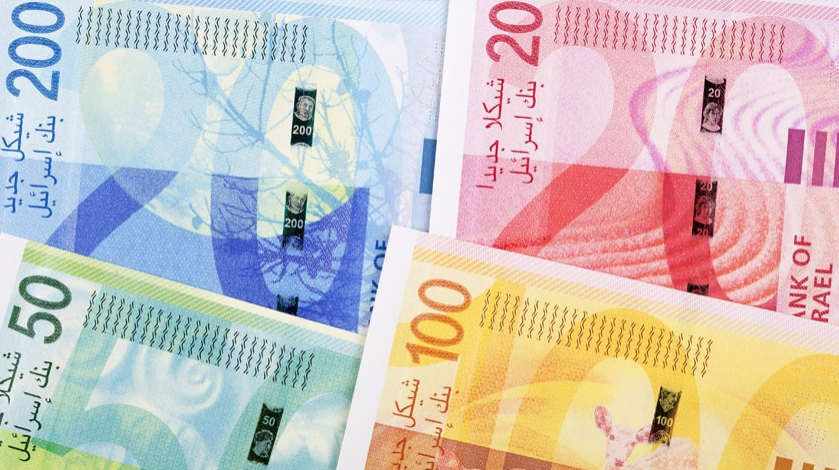Search Posts
Recent Posts
- What records do I need to maintain regarding my transactions in virtual currency? June 17, 2025
- Estimated Taxes June 17, 2025
- Record Keeping Requirements for Charitable Contributions June 17, 2025
- Buying and Selling with Virtual Currency March 12, 2025
- Essential tax tips for marriage status changes March 12, 2025
Categories
Subscribe!
Thanks for subscribing! Please check your email for further instructions.
BANK HAPOALIM TO PAY IRS $874-MILLION

According to Law 360’s April 30, 2020 article, Israel’s largest bank, Bank Hapoalim, has pled guilty in a Federal court to helping US clients attempt to hide roughly $7.5 billion from the IRS. The Department of Justice announced on April 30, 2020, the bank will pay over $874 million for its role.
Under the agreements finalized last week with the US Department of Justice, the bank and its Swiss subsidiary will pay US and Ney York agencies over $874 million for helping US clients commit tax fraud and tax evasion by concealing their US assets in secret bank accounts using pseudonyms, foreign identities and other fraudulent means.
This resolution serves as “proof that financial institutions engaging in tax fraud face dire criminal and financial consequences for their behaviorâ€, IRS Criminal Investigating Division Chief Don Fort stated. The bank engaged in a so-called structuring of payments from US client accounts by ensuring that transactions were $10,000 or less to avoid alerting the IRS. The bank also provided US clients with “hold mail†service for them to avoid any information about their account being sent to the IRS, according to the Department of Justice (DOJ) charges.
The bank has admitted to having engaged in those practices from 2002 until 2014. At least four high-ranking bank executives were aware of the scheme.
Under the plea agreement, the bank will also turn over any bank information for accounts that were closed between 2009 and 2019 in compliance with the DOJ’s Swiss Bank Program. The program provides Swiss banks that might be noncompliant an avenue outside criminal prosecution to provide disclosures and meet US tax obligations.
In a deferred prosecution agreement, the bank will cooperate with further investigations the US government might pursue into hidden accounts. If the bank continues to comply with the agreement, the US government won’t prosecute it and will seek to dismiss the bank’s fraud charges after three years. However, individuals who might have used the bank to evade US taxes are not protected by the agreement from civil or criminal prosecution.
In assessing penalties and files, the government did note that the bank took internal measures to ensure that accounts were in compliance with US laws while it was under investigation, according to the plea agreement.
